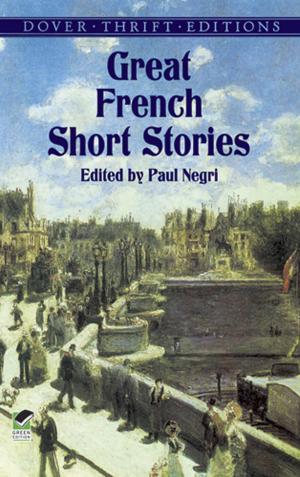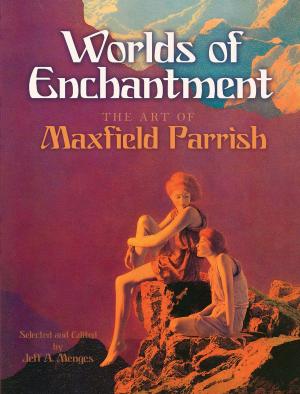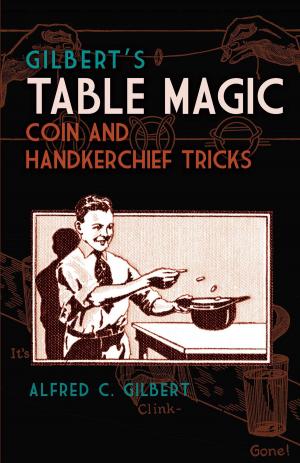In Search of Chopin
Nonfiction, Entertainment, Music, Theory & Criticism, History & Criticism, Reference| Author: | Alfred Cortot | ISBN: | 9780486316352 |
| Publisher: | Dover Publications | Publication: | April 17, 2013 |
| Imprint: | Dover Publications | Language: | English |
| Author: | Alfred Cortot |
| ISBN: | 9780486316352 |
| Publisher: | Dover Publications |
| Publication: | April 17, 2013 |
| Imprint: | Dover Publications |
| Language: | English |
"Altogether, a sensitive and tasteful document." — Library Journal
A series of themed essays rather than a traditional biography, this profile of the Polish composer and virtuoso pianist is the work of a legendary conductor and performer. Alfred Cortot taught at the Paris Conservatory of Music, co-founded the École Normale de Musique de Paris, and produced printed versions of the complete works of Chopin, Schumann, and Debussy. In these revealing chronicles, Cortot focuses on Chopin's compositions as well as his performances and personal relationships.
Beginning with an account of the composer's physical characteristics, the book examines Chopin's role as a teacher; his works, as reflected by his correspondence; his identity as a Polish nationalist and his attitude toward France; and his concert performances. It further explores his friendships with Liszt and Delacroix and his romance with George Sand, as well as the composer's chronic illness and the expression of his tormented, sensitive nature in his music.
"Altogether, a sensitive and tasteful document." — Library Journal
A series of themed essays rather than a traditional biography, this profile of the Polish composer and virtuoso pianist is the work of a legendary conductor and performer. Alfred Cortot taught at the Paris Conservatory of Music, co-founded the École Normale de Musique de Paris, and produced printed versions of the complete works of Chopin, Schumann, and Debussy. In these revealing chronicles, Cortot focuses on Chopin's compositions as well as his performances and personal relationships.
Beginning with an account of the composer's physical characteristics, the book examines Chopin's role as a teacher; his works, as reflected by his correspondence; his identity as a Polish nationalist and his attitude toward France; and his concert performances. It further explores his friendships with Liszt and Delacroix and his romance with George Sand, as well as the composer's chronic illness and the expression of his tormented, sensitive nature in his music.















